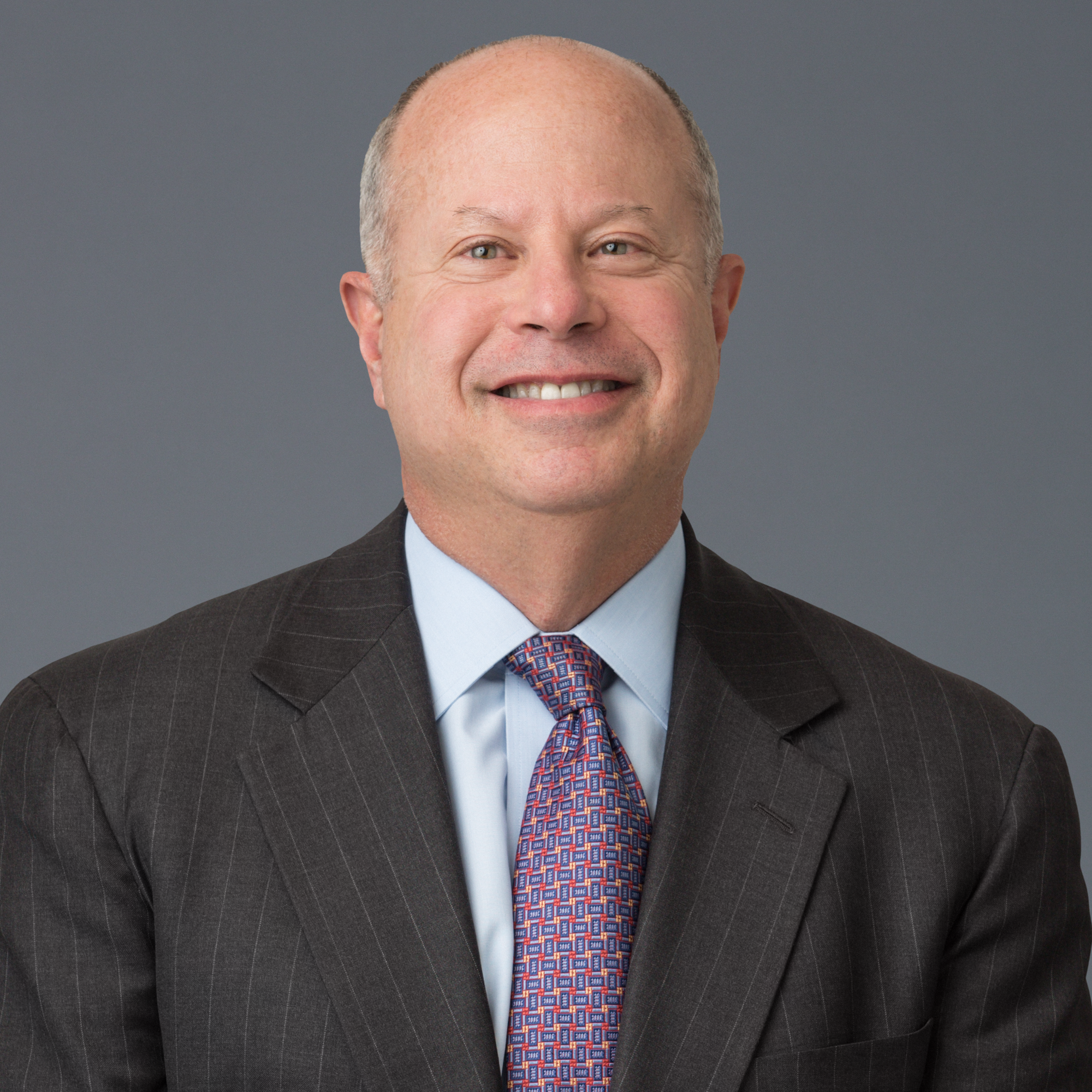Mergers and acquisitions have reached record levels as have valuations. Advisors might naturally ask themselves if they should take advantage of these ripe conditions to convert equity and hard work into cash.
But like most things in life, there is no simple answer. It might seem tempting to just sell to the highest bidder. However, for most advisors, their business is not just a piggy bank to crack open but rather their life’s work.
So, before advisors even think about a sale, they should ask themselves what seems like a basic question but one that people living busy lives rarely stop and consider: What do I want?
Some advisors may want to cash out and that’s fine. But many advisors may want to retain at least some control of the business, acquire more capital to grow and expand, or pave the way to leave the business to family members or employees.
In any case, advisors have plenty of options in how they want to structure and finance a deal. The key to finding the right plan requires the advisor to clearly set goals and priorities before – not during or after – monetization.
So, before advisors start counting their dollars and cents, a period of calm and careful reflection, supported by conversations with experts like lawyers, bankers and accountants, is a good idea.
Fundamental Considerations
It sounds simple, but the question “why” should occupy the forefront of advisors’ minds when they consider monetization. Everything else depends on the answer.

“The first and most important question is: why now?” said Bryan Staff, Managing Partner at Merchant Investment Management. “We encourage you to begin by clarifying your intent — are you de-risking a legacy, creating capital for expansion, or scaling for the next decade.”
Said Jim Abbott, Partner and Co-Head of the Corporate M&A Practice at Seward & Kissel: “Why transact? A need for growth capital or a desire to cash out some or all of the business’ value. Get advice from top industry investment bankers and legal counsel who know the process.”
Advisors should then carefully examine the overall health of their business. Factors like revenue sources, client demographics and organic growth rates will help determine the list of potential buyers and how much they would be willing to pay for it.

“Assess the firm’s readiness, including financial performance, client demographics, leadership depth, and scalability,” said Andrew Melnick, Partner at Davis Wright Tremaine. “A clear narrative and clean financials are fundamental to maximizing value.”
Staff agrees: “Clean, recurring fee income, a clear succession plan and efficient governance are non-negotiables before you step into the room. Without those, you’re negotiating from weakness.”
Deal Structures And Funding Sources
There’s obviously a wide range of deal structures and funding sources, each with their own benefits and risks, depending on the advisor’s strategic and financial motives.

“Monetization ranges from joining a firm and getting equity in that firm’s business to selling a portion, or the entirety, of your business,” said Jeff Nash, CEO and Co-Founder of Bridgemark Strategies. “Advisors should evaluate the value of the equity, how it’s determined, the criteria necessary to have liquidity, and how realistic the forecasted growth rate is based on historical and industry measurements.”
“Funding sources have evolved, initially it was private equity and has expanded to family office and sovereign wealth funds,” he said. “We are also seeing venture capital. Each funding source has pros and cons that also need to be evaluated.”
Whether minority investors or private equity, buyers can provide advisors with different things beyond mere cash, Abbott said.

“Funding is available from many sources offering very different deals,” he said. “Industry knowledgeable lenders can provide capital with limited managerial interference. Minority stake equity investors don’t want control and can provide support and industry experience beyond capital. Private equity-backed aggregators buy at high multiples and usually require full integration into their platforms and provide expanded service offerings and technology.”
Who Drives The Car?
One of the biggest decisions facing advisors is how much control (if any) they want in managing a business they sell to a buyer. That will determine both the structure of the deal and the price. Giving away more control will probably earn advisors a bigger payout. But again, not all advisors just want money.
“Do you want to hand over the keys, or do you keep driving the car?” Staff said. “Giving up full control gives you speed and optionality, but autonomy comes at a price. Staying in the driver’s seat means you set the pace, protect the client experience, and culture stays intact. Tailor governance, board seats, veto rights — don’t accept boilerplate. Make it work for you and your team.”

Jon Stern, Partner with Berkshire Global Advisors, said that for some, the advantages of “day to day control and much greater participation in upside/value creation outweigh the challenges of managing complex and expensive infrastructures.”
By contrast, he said, advisors may just want to cash out now because of historic valuations.
“Many groups that have shorter runways and are no longer as interested in the complexities of managing the business outside client facing activities choose to sell control,” Stern said. “The fact that valuation multiples are at all-time highs can lead groups to sell control today to more fully derisk today.”
Other Key Considerations
Staff said whatever deal emerges, advisors should also consider how the newly sold business will immediately perform under new ownership.
“Beyond valuation and structures, ask: what happens Day One?” Staff said. “Are we hitting the ground running with talent, technology, M&A sourcing, brand elevation, and advisory-adjacent services like trust and tax? At Merchant we’ve learned through years of hard work: the partner must bring the operations muscle, not just the capital. If that engine isn’t roaring, you’re buying a checkbook, not a strategic growth platform.”
Nash said that advisors interested in selling should start considering it early if they want an optimal price.
“What I hear advisors ask most is ‘when should I sell?’” he said. “The most common answer is likely before you think you should. Advisors that wait too long often see aging clients, no or negative growth, and even aging team members, which could contribute to a reduced price in their business.”
Size Really Does Matter
Experts say that the size of a business, whether small (less than $100 million in assets) or large (greater than $1 billion in assets) materially impacts a potential deal.
“Smaller firms can draw fewer buyers and face valuation constraints, making internal succession or tuck-ins more appealing,” Melnick said. “Larger firms attract institutional capital and strategic buyers, enabling more complex structures. Scale can impact negotiating leverage, valuation multiples, and ability to dictate terms.”
Stern agrees: “Overall valuation multiples will be lower for smaller advisors who might benefit by growing, merging or acquiring before embarking on a sale process. Smaller advisors will also have much more limited input into the integration process than larger advisors.”
Nash noted that he has seen smaller advisors band together in order to attract better prices.
“There are scenarios where several advisors come together, create a larger opportunity, and can achieve a pricing arbitrage,” he said. “The good news is the value of an advisor’s business overall in the last 5+ years has gone up, in some cases quite dramatically.”
Larry Roth is CEO of Wealth Solutions Report and Founder and Managing Partner of Ascentix Partners.














